First White South Africans Arrive in the US Under Trump Refugee Program
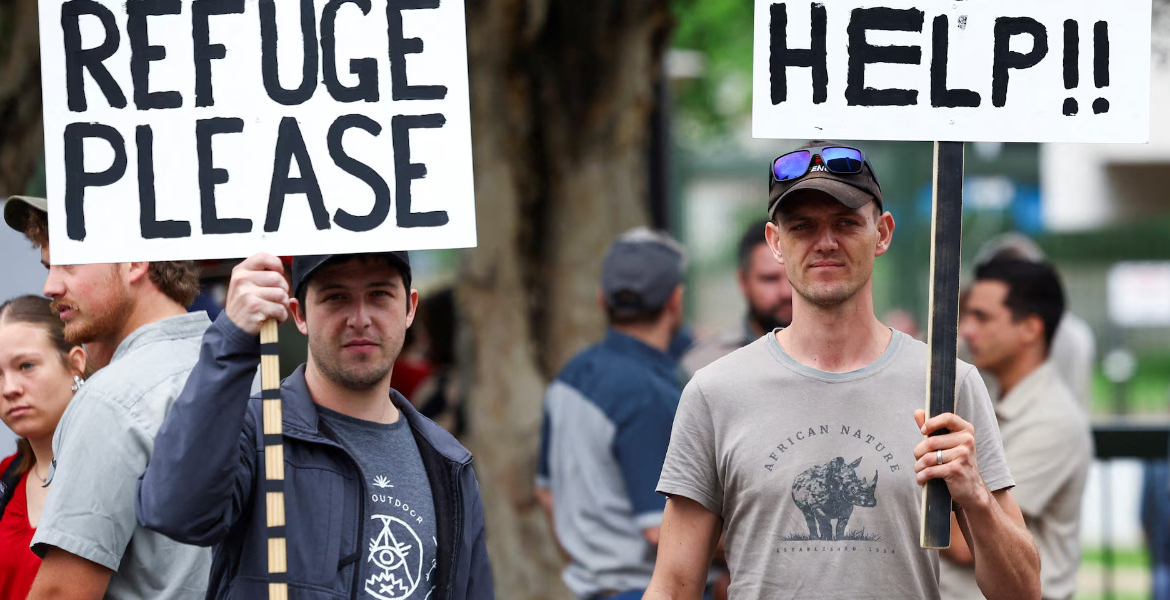
The United States' decision to grant refugee status to a group of white South Africans of Afrikaner descent has ignited a diplomatic row, with South African officials expressing strong disapproval over what they perceive as an unwarranted intervention in their domestic affairs.
The first group of 49 Afrikaners arrived in the US on Monday, under a policy initiated during the Trump administration, which determined they were victims of racial discrimination. The move represents a significant departure from standard refugee acceptance practices, drawing scrutiny given the previous administration's policies that predominantly restricted non-white refugees from various regions. South African President Cyril Ramaphosa voiced his government's bewilderment at the US position during a conference in Ivory Coast.
He suggests the relocated individuals were primarily motivated by opposition to South African policies aimed at rectifying the racial inequalities lingering from the apartheid era. Ramaphosa stated, "The American government has got the wrong end of the stick," pledging continued diplomatic engagement to address the contentious matter.
The US Department of Health and Human Services has confirmed its collaboration with the State Department to facilitate the resettlement process. The State Department funded the initial charter flight, and further arrivals are expected in the coming months. Resettlement efforts are focused on states including Minnesota, Idaho, and Alabama. Within South Africa, the decision has sparked divided reactions.
Some express empathy for those leaving, while others question whether life in the US will necessarily be an improvement. Robert Skeen, an Afrikaner business owner in Cape Town, has articulated a sentiment of remaining in the country to confront its challenges.
"I don't believe in running away from problems," he stated, emphasising his appreciation for South Africa despite its difficulties.
The refugee status granted to white South Africans has amplified a narrative, particularly prevalent in right-wing circles, asserting that the group faces discrimination at the hands of the Black majority. Entrepreneur Elon Musk has publicly echoed these concerns. Critics of the US decision, however, contend that such narratives distort the reality of South Africa's complex socio-economic landscape.
Although substantial progress has been made in addressing racial inequality since the end of apartheid, significant disparities persist. White South Africans continue to hold a disproportionate share of the nation's wealth and land. Statistical data indicates they own approximately three-quarters of private land and control around 20 times the wealth of their Black counterparts.
This controversy has added strain to the relationship between the US and South Africa. Under the Trump administration, financial assistance to South Africa was previously terminated, citing concerns regarding the country's land policy and its genocide case against Israel at the International Court of Justice.

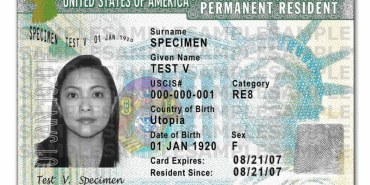
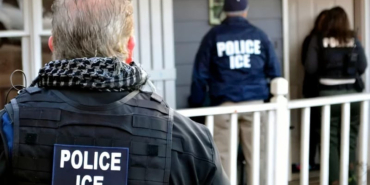
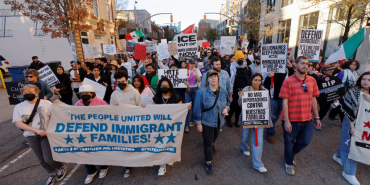
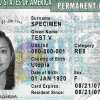
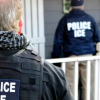

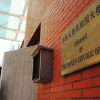
Comments
Refugees my foot most…
Permalink
Refugees my foot most probably landless jobless and entitled .Unwilling to work thinking they are special they are in for a rude shock when they find out they will have to work for every dollar no special treatment here .They were brought in to reproduce but who can compete with those latinos who start reproducing at 12 and do not stop till they are 60
Add new comment